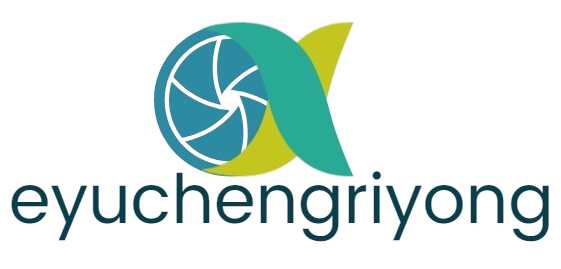Home ownership is something anyone can take pride in. For a lot of people that wish to become home owners, they need to get a loan. This can be a difficult process to navigate. To get a loan in an informed manner, continue reading.
Get your documents ready before you go to a mortgage lender. You should have an idea of the documents they will require, and if you don’t, you can ask ahead of time. Most mortgage lenders will want the same documents, so keep them together in a file folder or a neat stack.
Watch out for banks offering a “no cost” mortgage loan. There is really no such thing as “no cost”. The closing costs with “no cost” mortgages is rolled into the mortgage loan instead of being due upfront. This means that you will be paying interest on the closing costs.
Know your credit score before going in to get a mortgage. Your potential lender will do their own homework on this, but you should arm yourself with the intel as well. Knowledge is power in terms of the negotiations to follow. If you aren’t clear on your strengths and weaknesses, then a lender can more easily use the knowledge against you.
You should know that some mortgage providers sometimes approve clients for loans they cannot really afford. It is up to you to make sure you will be able to make the payments on time over the next years. It is sometimes best to choose a smaller mortgage even though your mortgage provider is being generous.
You may wish to refinance without closing costs. You do not always need to spend your money to save money when you refinance. Many lenders will offer mortgages that have no closing costs. Lenders make up for these costs by charging you an interest rate that’s slightly higher. This slight increase sometimes translates into some extra dollars in your monthly payment, but you can save thousands in your closing costs.
Find out how much your mortgage broker will be making off of the transaction. Many times mortgage broker commissions are negotiable just like real estate agent commissions are negotiable. Get this information and writing and take the time to look over the fee schedule to ensure the items listed are correct.
You can request for the seller to pay for certain closing costs. For example, a seller can pay either a percentage of the closing cost or for certain services. Many times the seller is responsible for paying for a termite inspection along with a survey and appraisal of the property.
Try giving your lender a chance to help you with mortgage payment problems. If you struggle to make payments, do not ignore your lender’s services. There are various new programs to help you keep up with your mortgage payments like forbearance if you have an FHA mortgage. Lenders are generally happy to work out any delinquent loans via loan modifications, or possibly short sales if you can’t afford to keep your home. It can be difficult to deal with them over this, but communication is key.
Whenever you are searching for a new home, you should lower your debts. A mortgage is a big responsibility, and you have to be secure in your ability to pay the mortgage each month, regardless of what happens. Less debt will make your process easier.
Don’t forget to calculate closing costs when applying for a mortgage, particularly if this is your first time. Above and beyond the down payment, numerous charges exist simply for processing the loan, and many are caught off guard by this. You should anticipate paying up to four percent of the mortgage value in total closing costs.
If you are a retired person in the process of getting a mortgage, get a 30 year fixed loan if possible. Even though your home may never be paid off in your lifetime, your payments will be lower. Since you will be living on a fixed income, it is important that your payments stay as low as possible and do not change.
Shop around for the best home mortgage. Ask for referrals from friends or family members who have recently applied for a home mortgage. They will give you first hand advice about how the mortgage broker performed. Additionally, ask your real estate agent for referrals of good mortgage brokers in your area.
Know the real estate agency or home builder you are dealing with. It is common for builders and agencies to have their own in-house financiers. Ask the about their lenders. Find out their available loan terms. This could open a new avenue of financing up for your new home mortgage.
When you have a question, ask your mortgage broker. It is important for you to know what’s happening. Be certain your loan broker has all current contact information. Check your e-mail regularly in case your broker requires specific documents or needs to update you on any new information.
Pay off more than your minimum to your home mortgage every month. Even $20 extra each month can help you pay off your mortgage more quickly over time. Plus, it’ll mean less interest costs to you over the years too. If you can afford more, then feel free to pay more.
Try not to take a mortgage for the entire amount you can afford. If you take the absolute maximum, you won’t have much money left as a cushion when your payments come due. If anything unexpected comes up, you may end up in a real pickle if you are spending the most every month.
Whenever you struggle to make mortgage payments, speak to your lender immediately. They can help you to reduce your interest rates by extending your mortgage, or can give you tips on your personal situation and how you can change your finances to help you keep paying for your home every month.
A home mortgage is usually the best way to finance a home. It’s important for consumers to learn as much as possible about the process before applying for a loan. Use the things you’ve gone over in this article so you can make the right decision.



